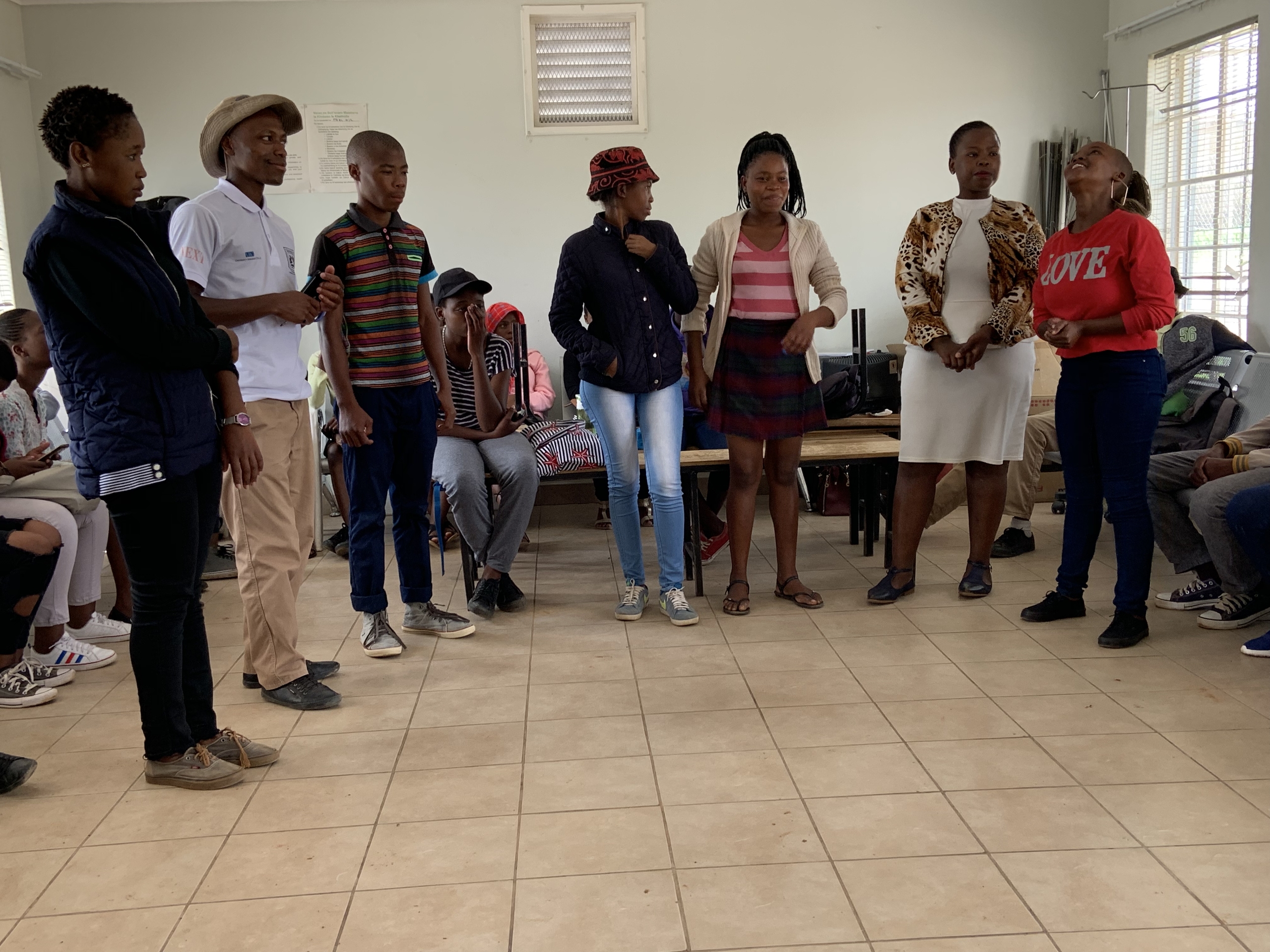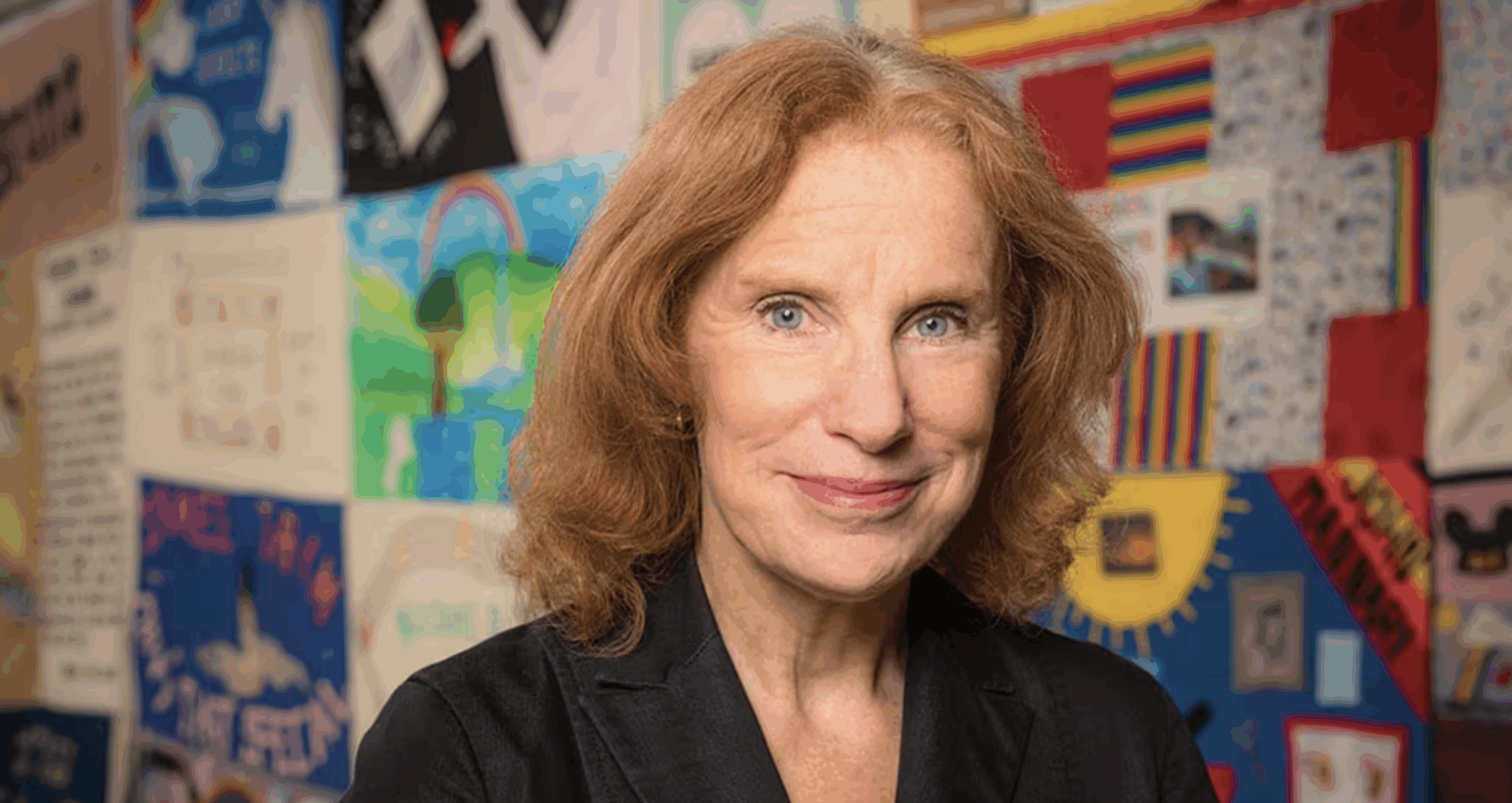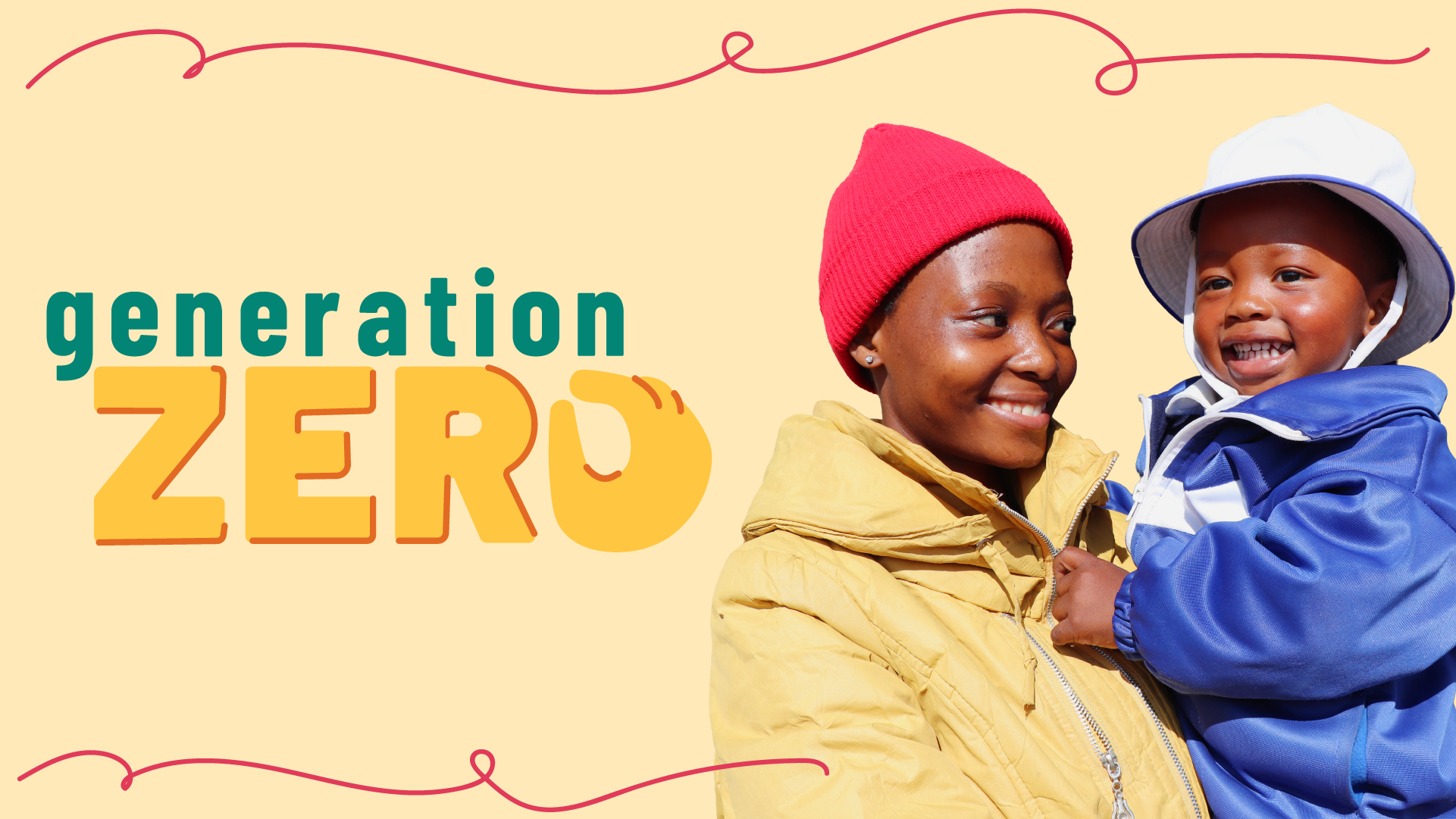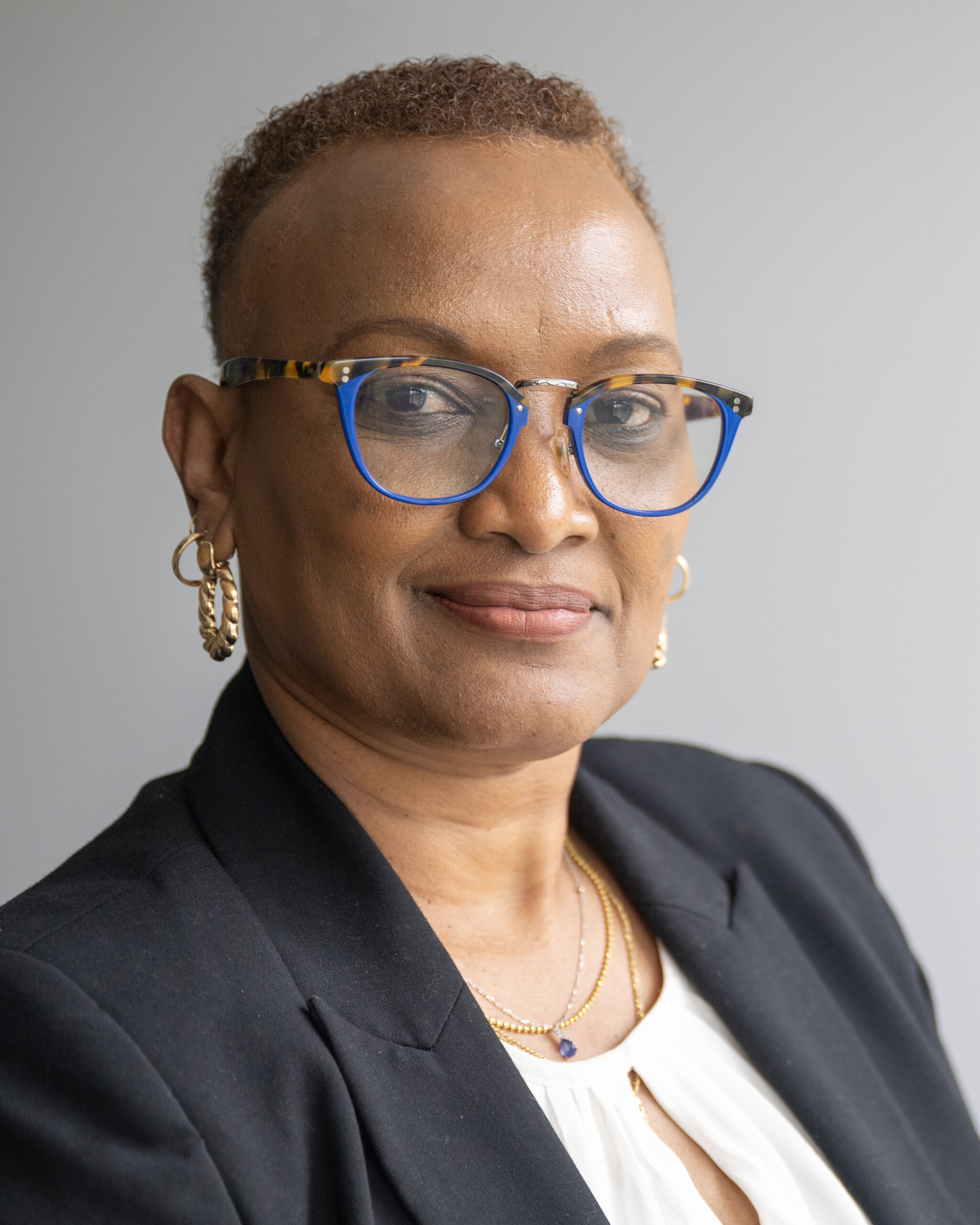For anyone, discovering your HIV status can be anxiety-producing. But for youth and adolescents, a positive test result can be overwhelming. Often, it feels like there is no one to turn to in communities where stigma and discrimination are common. This is why the peer support groups supported by EGPAF programs are crucial.
In Peer Support Groups (PSG), HIV positive youths come together to have open discussions. They receive resources to help themselves, their friends, family, and caretakers. Recently, Team EGPAF was able to attend a Saturday morning PSG meeting in Ha Paki, Mazenod in the outskirts of Maseru, Lesotho and be a part of this conversation. For two hours, a group of around 30 youths not only sang and danced together but also talked about the challenges they encounter at school, at home, and in their relationships.
A 22-year-old visitor from young positive empowered generation, Sebueng, also known as ‘Sbu’, saw relationships end because boyfriends did not want to be with someone who is HIV-positive. Then she met her current boyfriend and when she disclosed her status, he was accepting.
“I learned that HIV does not define you, and my current boyfriend is very supportive. I never thought I would find anyone like that.”
Not all were so fortunate. A 25-year-old Mazenod PSG Chair known as ‘Lady P’ shared that her mother was deeply shocked when she disclosed her status. She felt that was careless, and that her status was a punishment from God. Distraught and alone, she went to her grandmother. Her grandmother advised that they pray, sing, and ask God for help. After a long time of tears, cries, chants, and prayers, her grandmother told her, “God still loves you. HIV will not keep you from having a good husband and family.”
To disclose to a friend or family member is different from disclosing in a new intimate relationship. ‘Lady P’ has a new boyfriend, but despite her courageousness she is afraid to tell him of her status for fear of rejection. But thanks to the group discussion, she was able to get counsel from her support system who agreed that no matter what, she needs to disclose her status to this boyfriend.
One man, Thabo, shared that he and his girlfriend got tested after they found out she was pregnant. They both tested positive and told their parents, who were shocked but accepted them with the baby. Right away, the couple were enrolled on treatment and joined the peer support group. Today, thanks to the support they received from the group, the young man and his girlfriend have a healthy baby who is HIV negative, and they live with his parents who support them.
The support from their peers isn’t the only benefit of attending peer support groups – members also receive medical consultations from the facility nurse and adolescent health team, and can refill their medication at the same time.
EGPAF Adolescent Peditrician Dr. Regina Nakiranda explained that the health care workers in the clinics are not only there to provide testing and treatment – staff is also trained to teach the adolescents how to inform their loved ones of their status. Dr. Regina commended the Ha Paki Peer Support Group and shared that because they were adhering to their treatment, each member’s viral load was suppressed.
At closing, the group performed a play about a woman who found out she had HIV and was pregnant. When her boyfriend and mother rejected her, she went to the peer support group and with their support, reached out to her boyfriend and mother. At the end of the play, she had given birth to a baby that was HIV negative and was able to return to the support group with her understanding family.
The support and resources that peer support groups offer have helped countless youths and adolescents in the community of Maseru, and in so many other communities where EGPAF works. Throughout Lesotho, there are 192 active members of Peer Support Groups, and the numbers are growing.
These groups are crucial to ensure that HIV positive youths know how to communicate with their loved ones, understand their status, and live lives full of love and acceptance.
Adolescent and youth living with HIV commonly face stigma and discrimination, challenges with acceptance and disclosure of their status, and sometimes have a hard time adhering to their medicine due to lack of support at home and poverty.
EGPAF uses the Peer Support Group model to empower these young people with life skills and help motivate them to adhere to treatment, monitor their viral loads, and provide general support to those who face acute chronic disease. We are proud to provide this support and continue our work to create the first AIDS-free generation.




